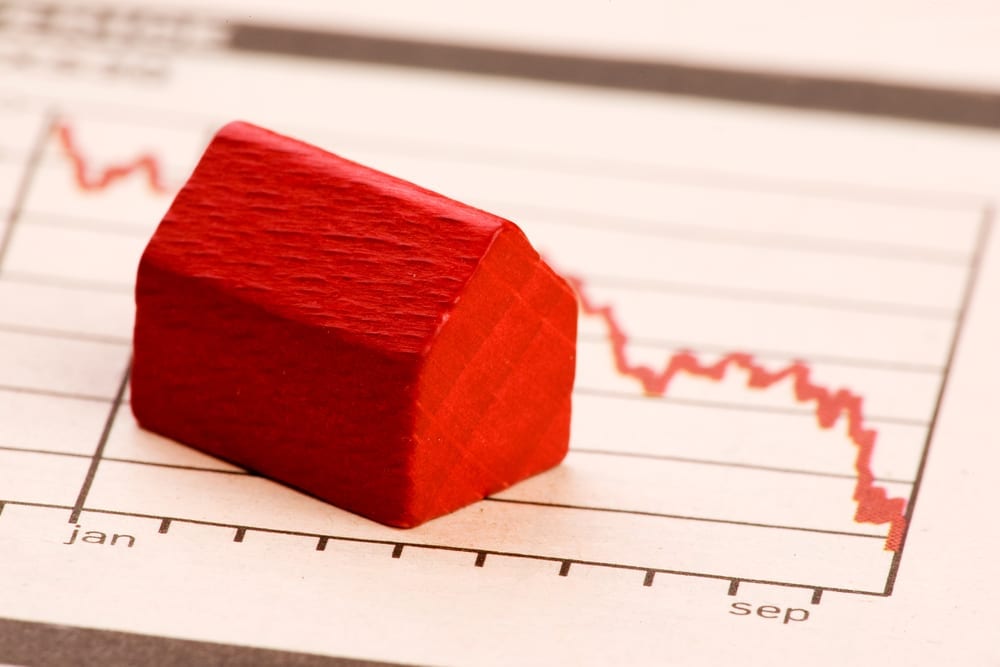Every month, the Reserve Bank of Australia (RBA) have a meeting to discuss interest rates. This often generates widespread speculation about whether rates will be hiked, held or cut and how that might impact the property market. This month, interest rates were increased in the US, but Australia has kept interest rates on hold.
Despite reports that the RBA was actively discussing lifting official interest rates in April 2018, it has yet to happen and looks increasingly like it won’t any time soon. The RBA has now kept rates on hold at 1.5 per cent as it has since August 2016. RBA Governor Philip Lowe has insisted that the current historic low is the right setting and the next move, when it happens, will be a hike.

What Would an Interest Rate Hike Mean for Property Markets?
You’d be forgiven for assuming that an interest rate hike would have a negative impact on housing prices, however this is a common misconception. Whenever there are lows in certain property markets, interest rates are commonly blamed but there is no correlation.
In fact, every rate hike from 1991 to 2010 was accompanied by house price growths in Sydney according to RBA data. Whenever house prices have fallen, it has never correlated with a hike. In every case, interest rates were either steady or had been cut.
Interest Rates Don’t Affect Demand for Accommodation
The reason rising interest rates don’t have the impact you’d expect is because it can’t compete with the effect a rapidly growing population has on housing demand as well as other factors that influence property prices. We need approximately 140,000 new houses each year to meet the demand. What higher interest rates do cause is more demand on rentals as first home buyers are priced out by the cost of financing.
As interest rates rise, more prospective home buyers instead compete for rental properties and the increasing returns of rental properties attract more investors. So higher interest rates tend to move the demand from first home buyers to investors rather than reduce it.
Interest Rate Hikes Benefit Investors
Since rising interest rates lead to more renters, investors can recoup any losses on higher repayments they have to pay through higher rent. By raising the rent at every lease expiry, investors can offset interest payments against the higher income they can earn. To benefit the most from this effect, it’s a good idea to identify markets where first home buyers have been priced out so rental demand is higher.
For example, outer suburbs in cities like Sydney or Melbourne may still have low enough prices for first home buyers to participate in the market. Investors should instead concentrate on apartments in inner city suburbs where prospective house buyers are forced to rent.
Need Help With Property Investment in Australia?
If you’d like advice or services relating to buying and managing investment properties in Australia, speak to the experienced team at H&T Realty in Sydney. Call us today on + 61 737 320 388 or contact us online.



